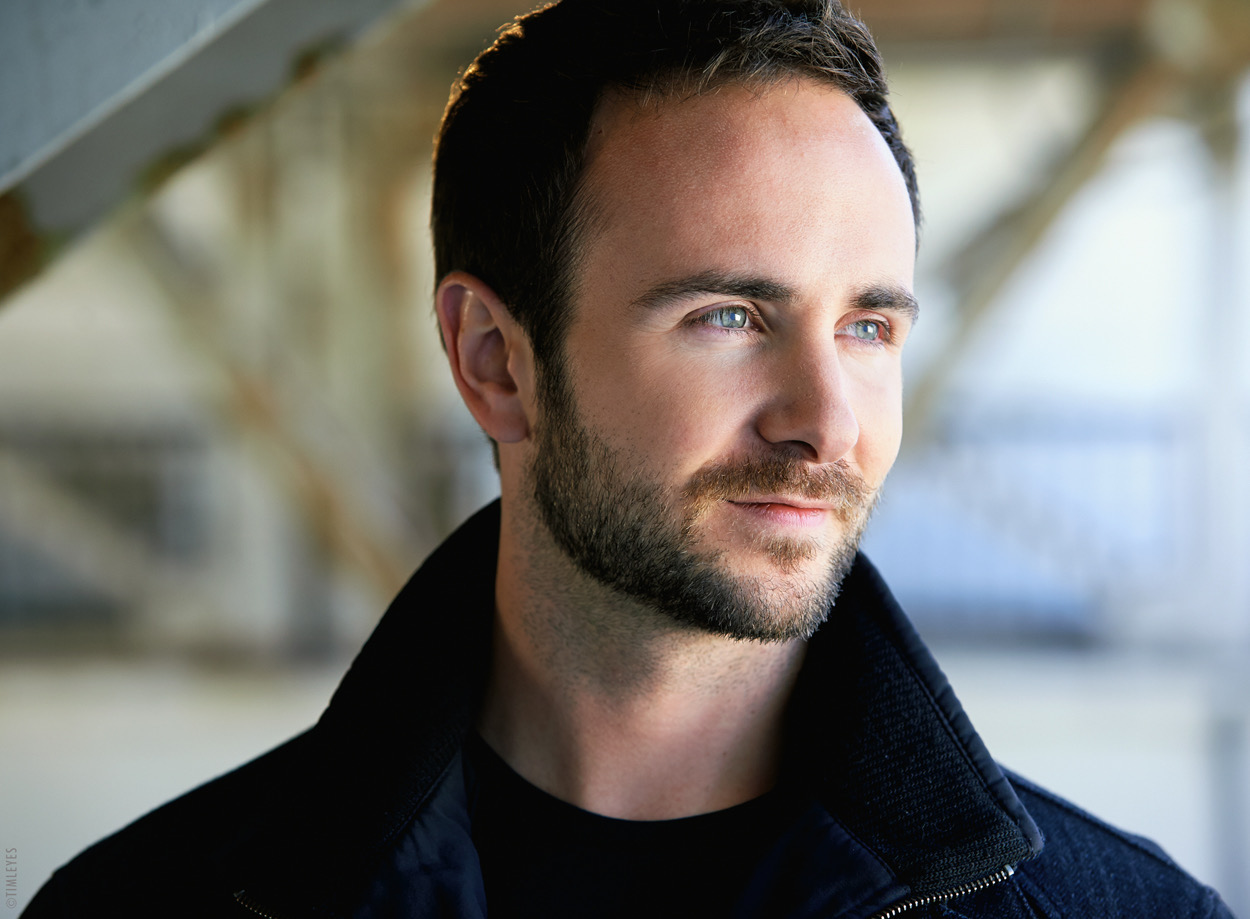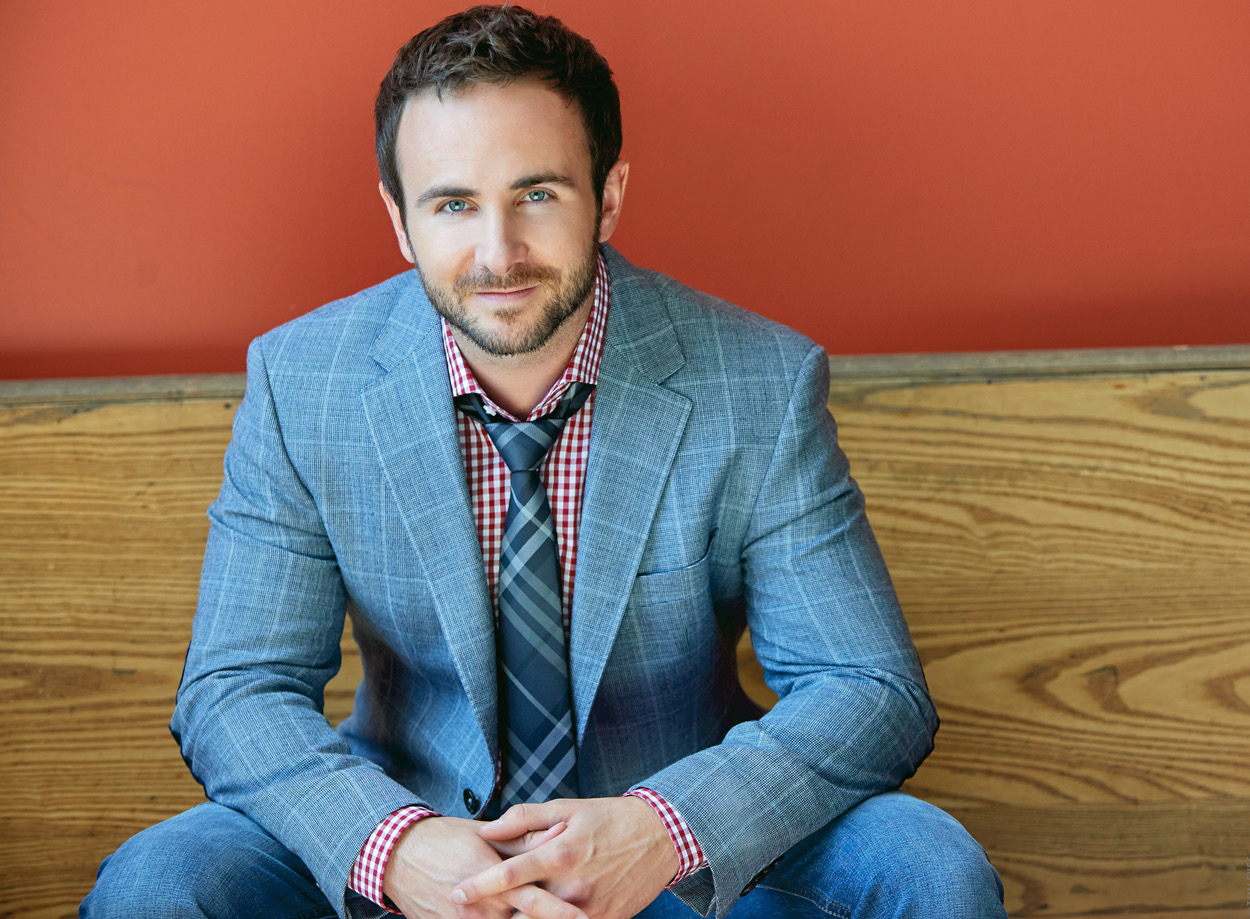The quarantine days are long, and even as we’re edging back towards reopening, we’re all trying to find ways to maintain a sense of normalcy, productivity, and creativity during our time at home. For professional creatives, this can be especially overwhelming. There’s only so much doodling one can do in one’s sketchbook. The creative drive demands more. Something achieved, something measurable.
How do you maintain your creative flow, stay productive, and keep a balanced life when working as a creative from home? That’s what I asked voice actor Tod Fennell, who’s building a home sound stage to help support his acting career during social distancing. The veteran film, TV, video game, and commercial actor had some sage advice for anyone working in the arts, or in creative entrepreneurship.
An Actor Without a Stage
First, let me introduce Tod. You might recognize his younger face from Are You Afraid of the Dark? if you watched Nickelodeon around the turn of the century. And you could’ve also caught him in The Spiderwick Chronicles, or as Cliff on The Art of More.
But you’re even more likely to recognize his voice, which has performed in ads for major brands like Subway and McDonalds, and has brought characters to life in popular video games like The Division and Far Cry New Dawn. Tod is an actor. But as his career has hit its stride, he’s found a niche: voice acting. And that’s a good niche to occupy when all the stages and movie theaters are closed down.
“Most traditional actors draw a lot of satisfaction from the audience,” Fennell says. “Voice acting is a little more private, more intimate, you could say. In fact, it’s usually pretty quiet. It doesn’t require the amount of showmanship that stage acting or other types of performance do.” That makes it easier to do at home. Here’s what Tod says are the keys to keeping your creative productivity high when you can’t go out.
Pencil in the Silly Times And the Serious
“They say to ‘write drunk and edit sober.’ That’s a good approach to creative work in general, if you take it to mean ‘give yourself time to cut loose and get a bit silly, but also take your work seriously when it comes down to it.’” Fennell says he achieves this by means of his daily schedule, which includes time for vocal warm-up exercises and improvisation (“I work these into play time with my kid,” he laughs), as well as more structured time in the studio (“the ‘no kid’ zone”) for finishing commercial work, and even reading up on a bit of theory at night.
Fennell says he’s not strict about his schedule, but he tries to follow it at least 85 percent of the day. This gives him the right amount of flexibility, and the right amount of structure. This will be different for everyone, of course, so find the groove where you’re not feeling too restricted or too lax. “Motivated,” he says. “Your schedule should make you feel motivated, energized and supported. If you tailor it to that point, you’ve nailed it.”

Don’t Pressure Yourself Too Much
“Pressure is a creativity killer. If you’re trying to force yourself to be productive, you’ll either turn out second rate work, or you’ll sabotage the process entirely and turn out nothing.” Tod’s advice recalls the wisdom of the painter Ursula from Kiki’s Delivery Service (voice acted by Janeane Garofalo in the English version): “If you hit a creative or productive block,” Tod says, “take a step back. Go for a mental health walk and try to forget about the project entirely. Give yourself and your project some room to breathe.” When the moment’s right, Tod says, you’ll return to it naturally and the work will flow out of you.
Keep Your Network Growing
It can be a bit maddening to have so little contact with other industry professionals, so be sure you’re keeping in touch with important people in your field. This can include curating an inspiring set of social media accounts to follow; staying in email touch with people in your network, even just to say hello; and reaching out to prospective colleagues or collaborators to put new ideas into action.
Tod says this last point is especially important. “Just because we’re mostly stuck at home doesn’t mean your career should be stagnating,” he advises. “Keep reaching out and finding new people to work with. You never know where the next job is going to come from, or who’s out there looking for the kind of work you do.” Play your cards right, Tod says, and quarantine could be a time of career growth instead of dormancy.
It’s not easy to be stuck at home balancing work, self care, family duties and creative fulfillment. But it’s not impossible. For professional creatives, it’s up to us to structure things so they best suit us individually. Even if that means building out a home studio. “Everyone’s talking about getting back to work,” Tod laughs, “but now that I have this recording studio I might just stay home for good.” Social distancing might turn out to be just the creative boost your career needed.
Photos Courtesy of Tod Fennell


